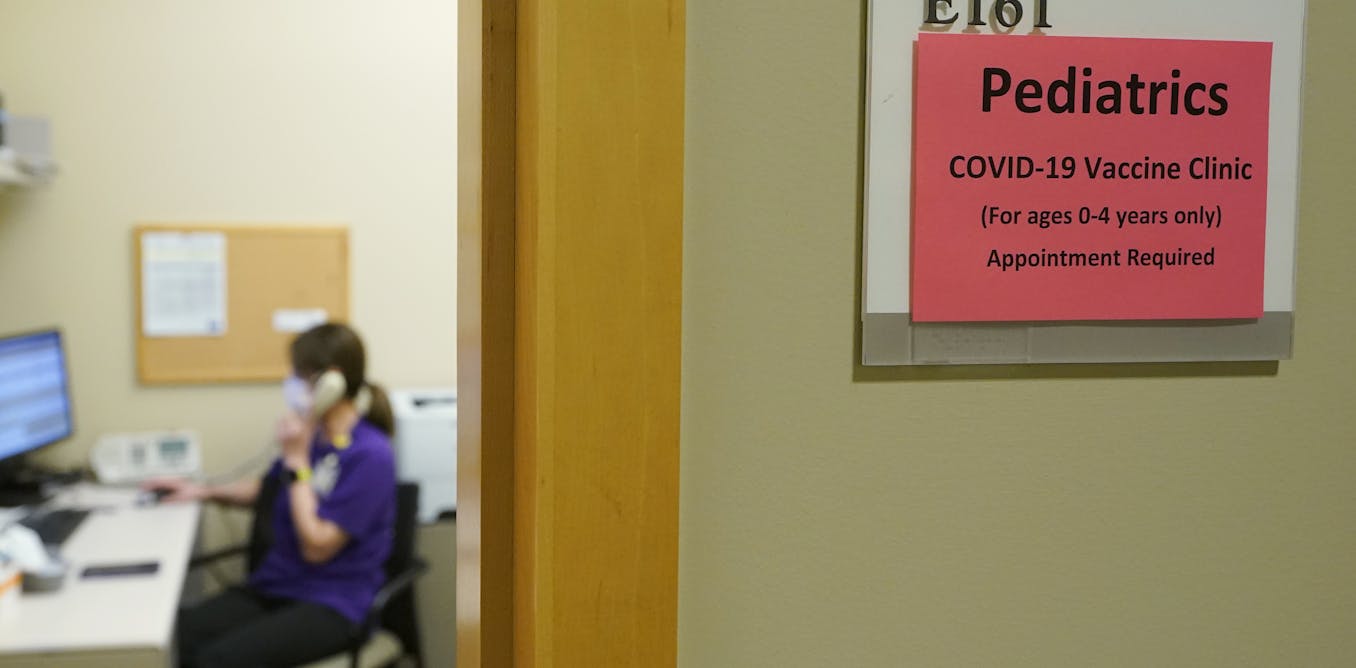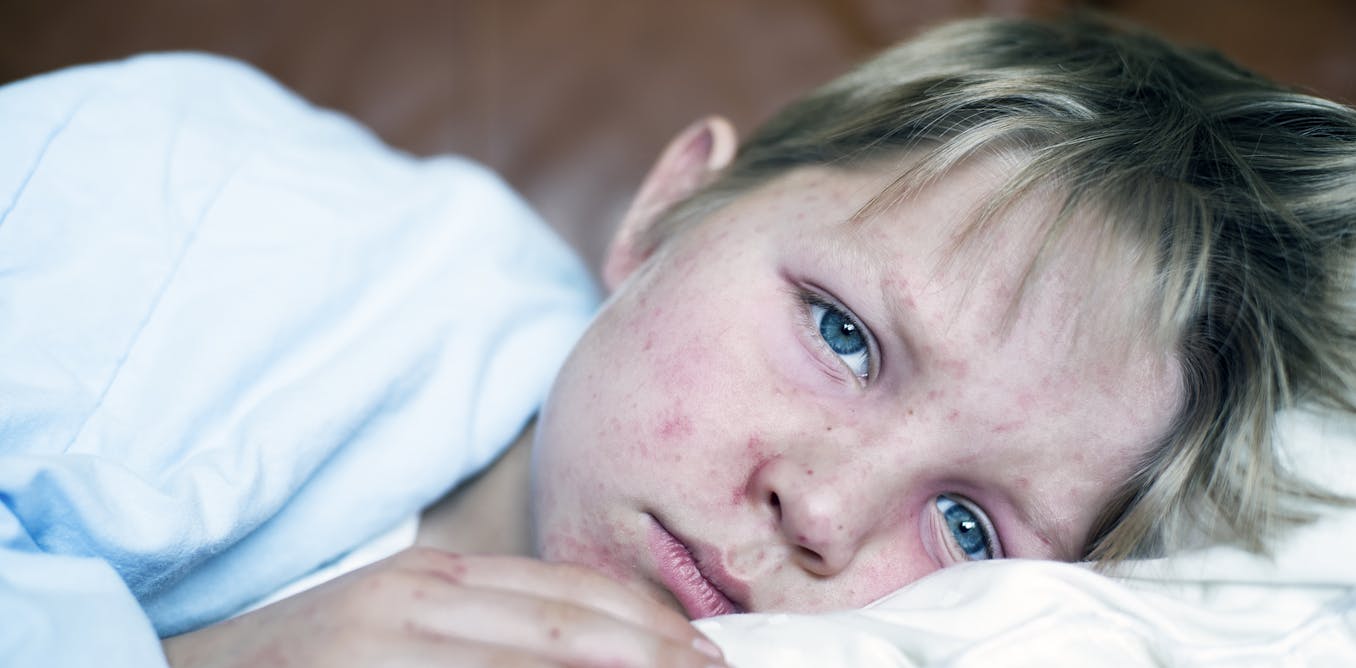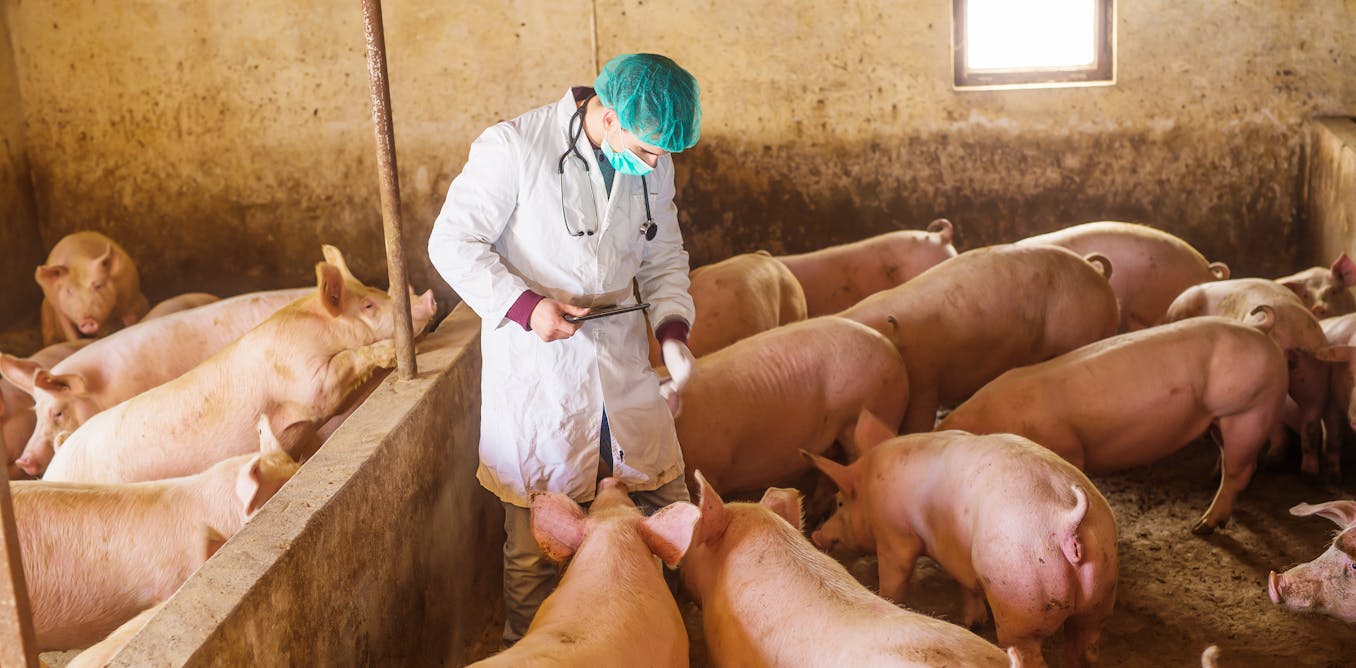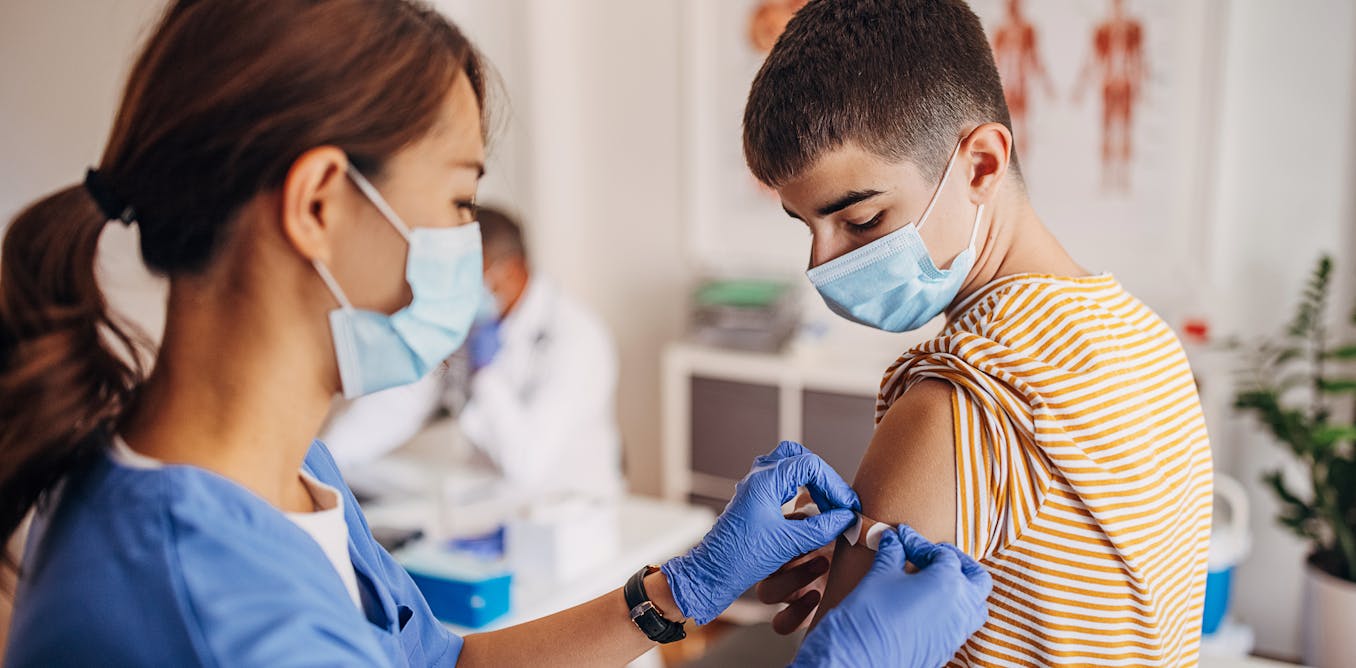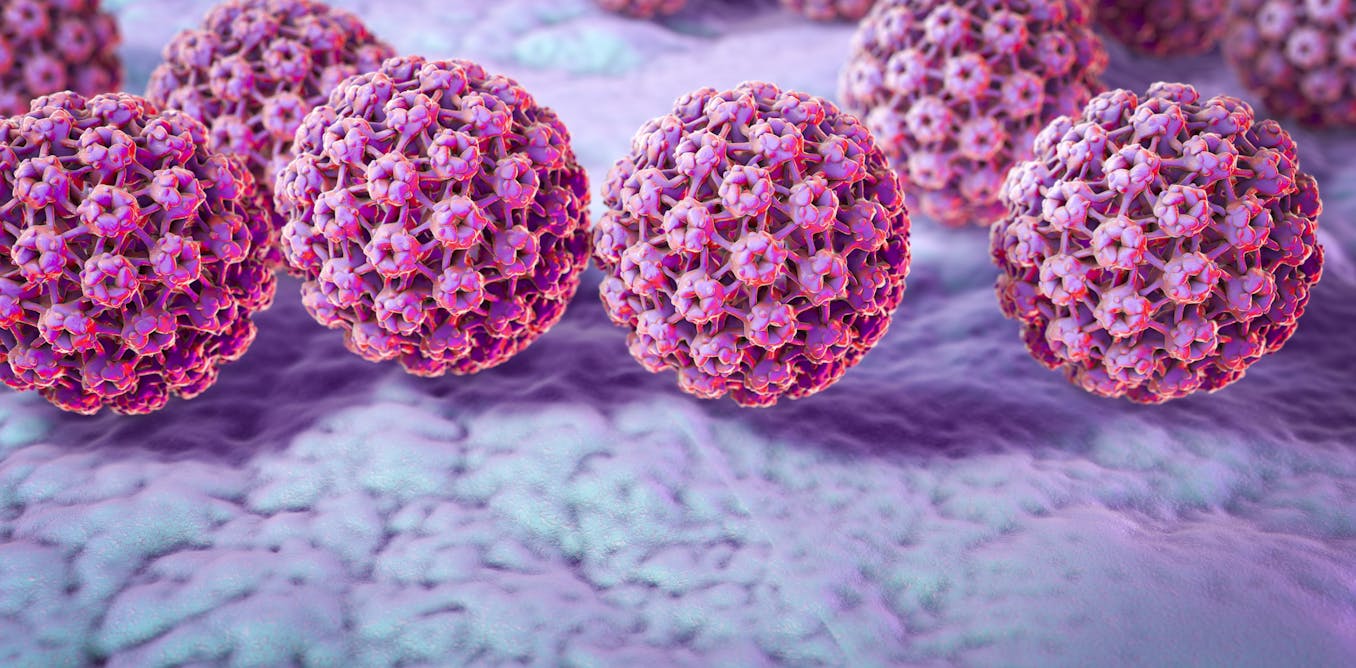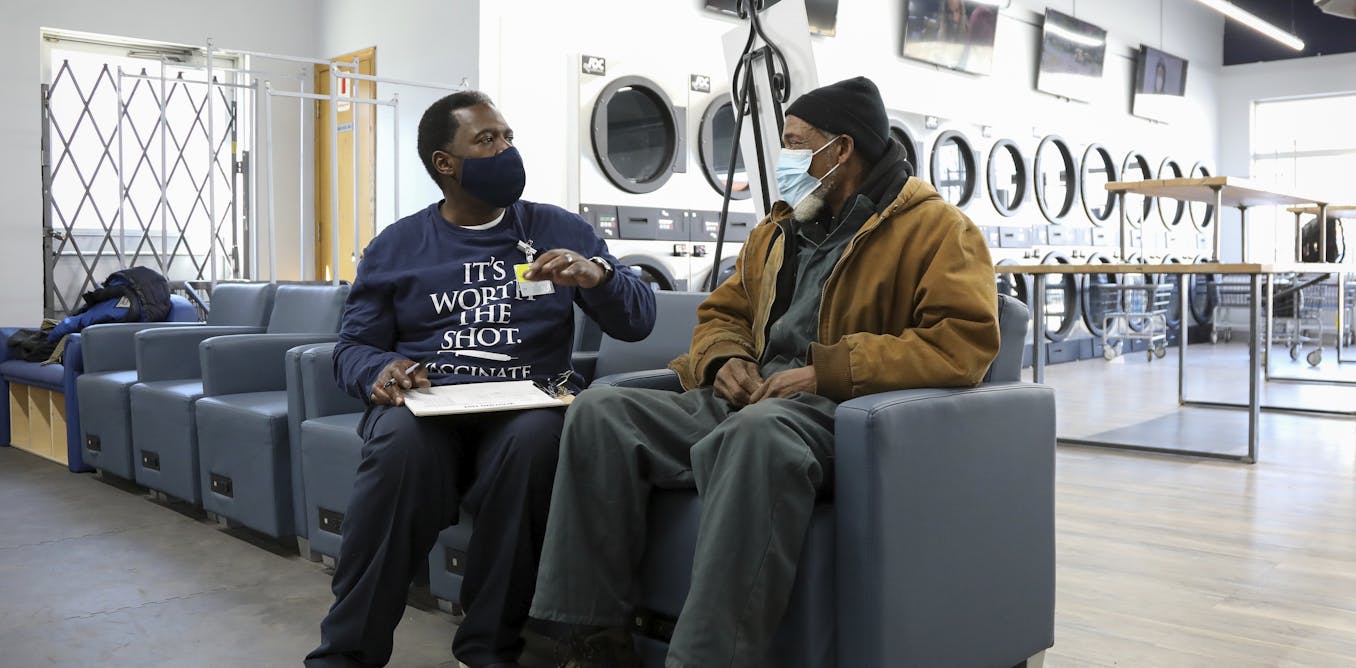Vaccine-skeptical mothers say bad health care experiences made them distrust the medical system
Vaccine skepticism, and the broader medical mistrust and far-reaching anxieties it reflects, is not just a fringe position in the 21st century.
March 11, 2024 • ~10 min

